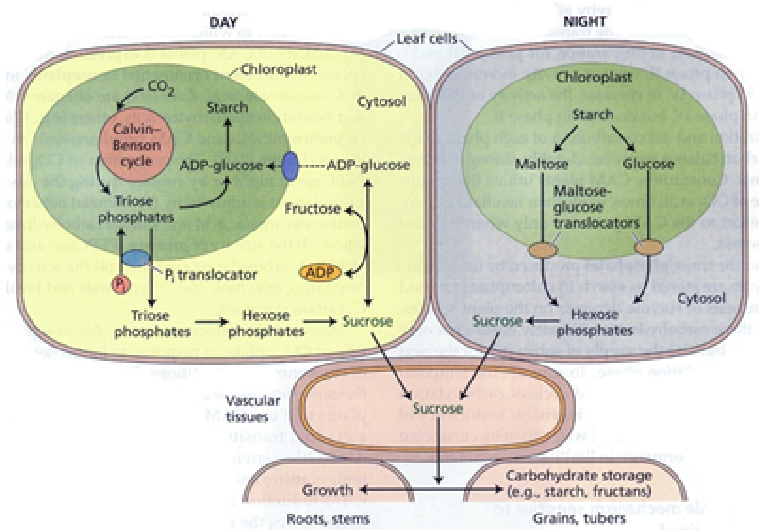67.WHY DO PLANTS MAKE STARCH?
Is there anybody in your family on a diet? Then you’ve probably heard them say as they turned down a certain dish, “Not for me! Too much starch!” Of course, if there are growing children in a house, they are usually fed plenty of starch to “build them up.” Starch—whether people try to cut down on it or to get all they can—is one of the most important substances in the world. The human race gets more food from starch than from any other single substance!
We get our starch from plants, where it is found in the form of tiny grains. How do plants make starch? With the help of sunshine and chlorophyll, plants combine the water they have absorbed from the soil and the carbon dioxide they have taken in from the air into sugar. This sugar is changed by plants into starch.
Plants store the starch away as small granules in their stems, roots, leaves, fruits, and seeds. The potato, maize, rice, and wheat contain large amounts of starch.
The reason plants manufacture all this starch is that it serves as food for the development of seedlings or the new shoots until they can manufacture their own food materials. So when you see a plant beginning to spread out, you know that stored-up starch is providing the food for that growth.
For people and animals, starch supplies an energy-producing food. Like sugar, it is made up of carbon, hydrogen, and oxygen. It is not sweet; generally, it is tasteless. Certain chemical substances in the mouth, stomach, and intestines change the starchy food to grape sugar, which the body can use easily.
The way we get starch from the plant is to crush those parts of the plant where the starch is stored. The starch is washed out with water and allowed to settle to the bottom of large vats. The water is then squeezed out of the wet starch and the mass is dried and ground to a powder, which is the form in which starch is usually manufactured.
Starch has many unusual uses. It is used in laundering, as an adhesive, in the manufacture of cloth, and as the basis for many toilet preparations.




Leave a Reply